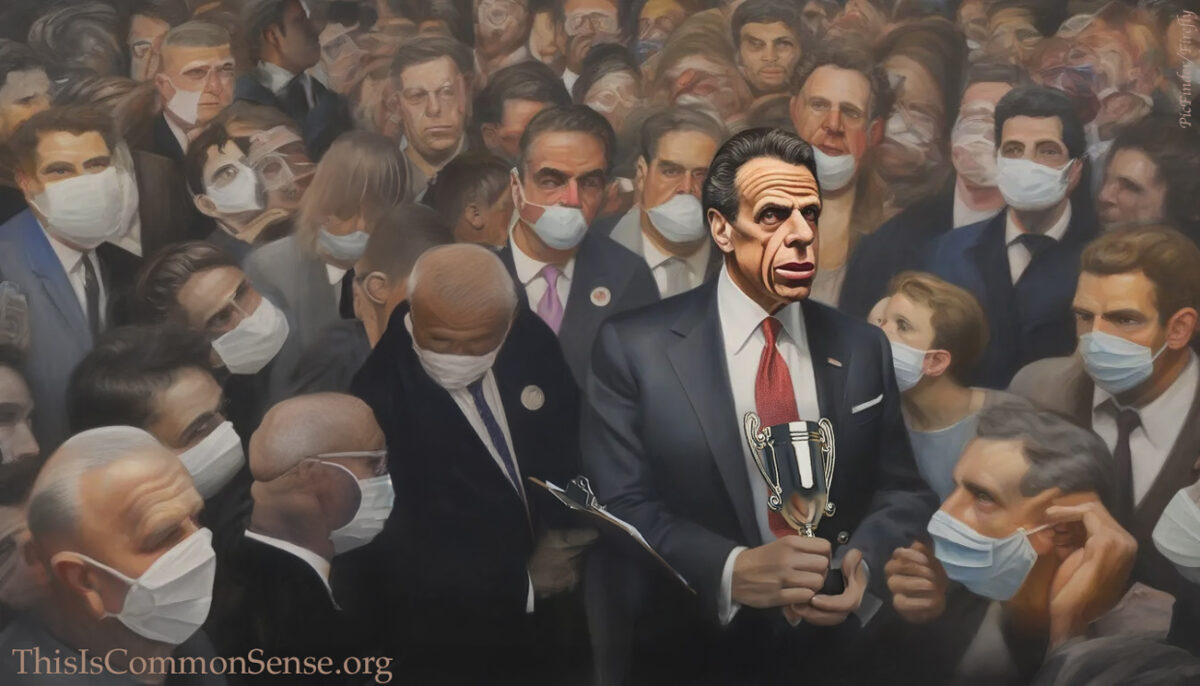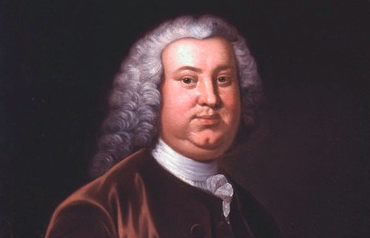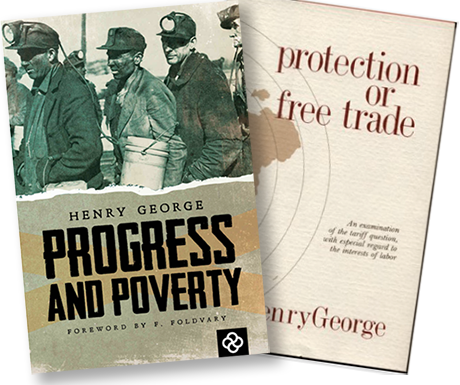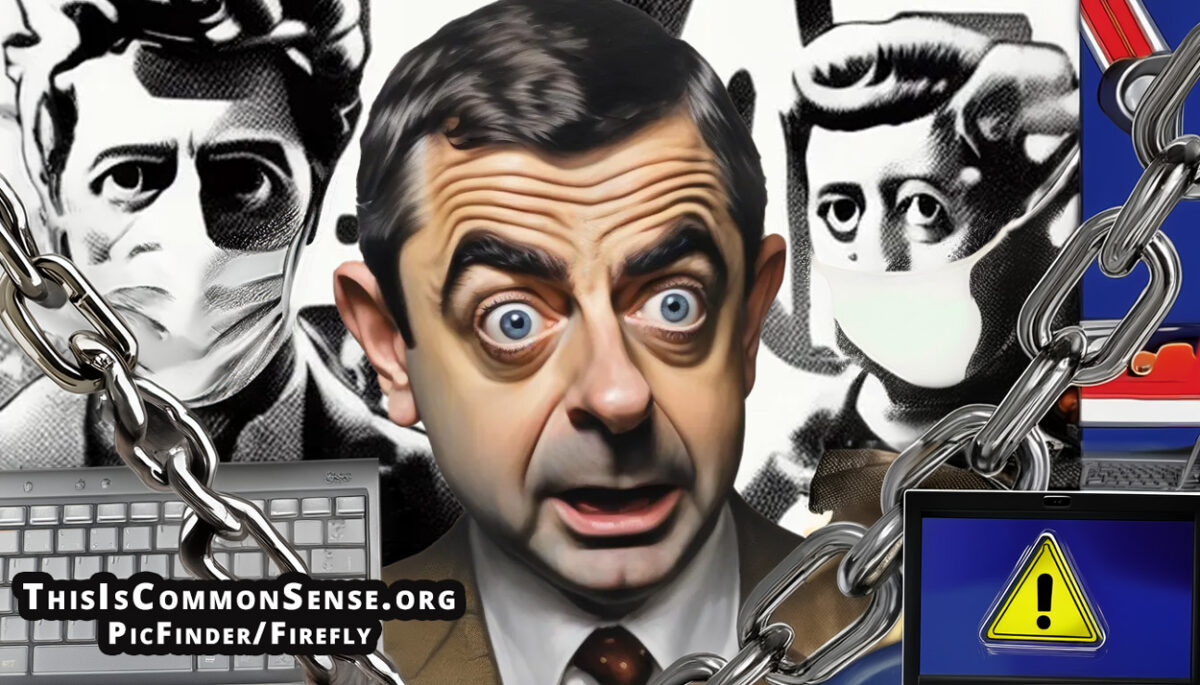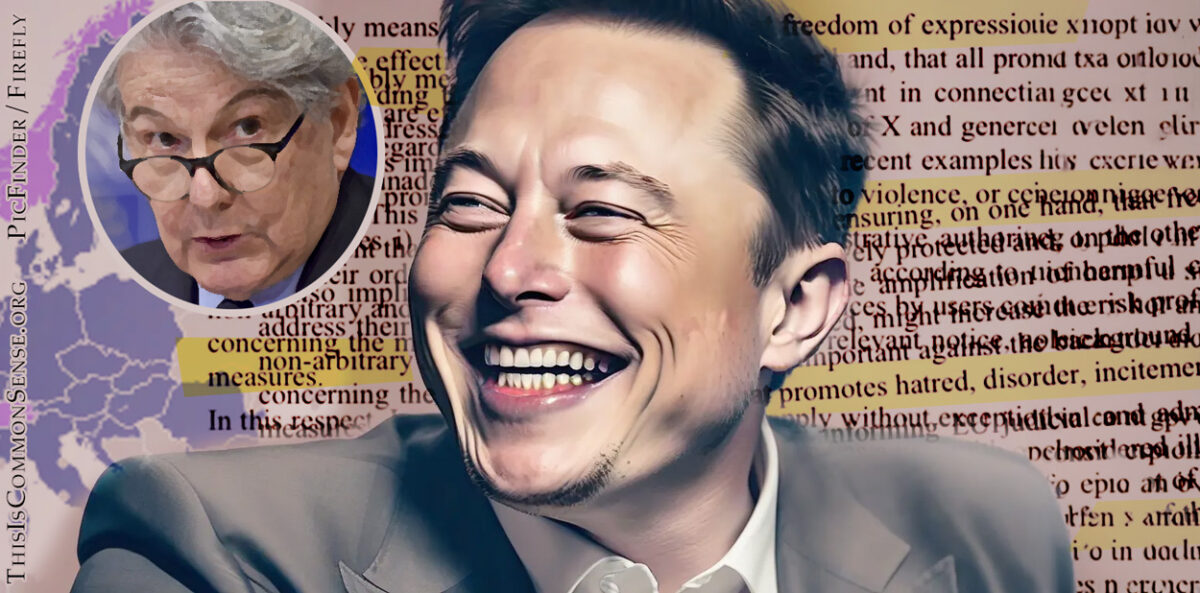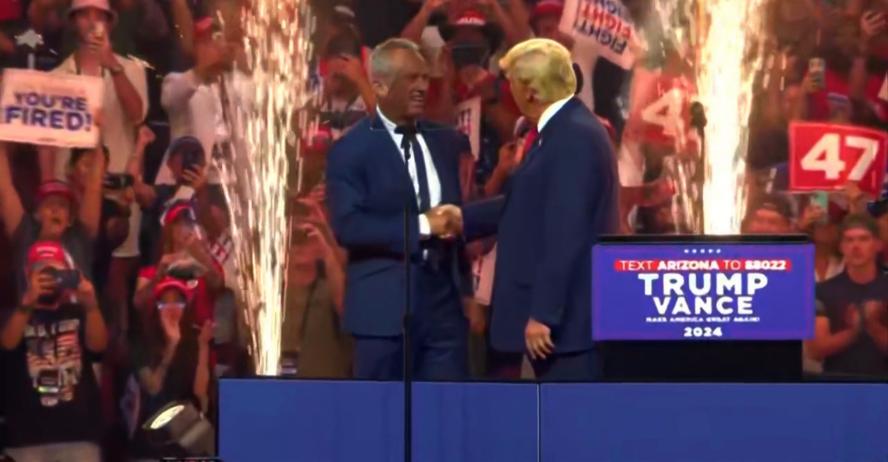Lying about data was not uncommon during the late pandemic.
In April of 2020, I noted one way pandemic statistics were muddied: by paying hospitals more to identify a patient, surviving or not, as a COVID patient than as something else. This was especially devastating to death stats, perhaps mildly (or even wildly) over-stating the effect COVID was having.
But understating the death count, or shifting it from one location to another, was also a problem.
“Former New York governor Andrew Cuomo personally edited a government report that undercounted the Covid deaths that resulted from his March 2020 directive forcing nursing homes to admit coronavirus-positive patients, a congressional panel concluded,” explains James Lynch at National Review.
“The New York State Department of Health (NYSDOH) issued a report in July 2020 faulting nursing homes for the spread of coronavirus in their facilities at the direction of Cuomo administration officials who ‘heavily edited’ the document, the House Select Subcommittee on the Coronavirus pandemic said in a memo released Monday.” As I prepare these words, that subcommittee is set to listen to the former governor’s testimony on “the directive and his administration’s apparent coverup of the death total.
“More than 9,000 Covid-positive patients were admitted to nursing homes because of the ‘must-admit’ order,” James Lynch adds.
Remember, Andrew Cuomo was once a star of the pandemic, hailed for “getting tough” on the spread of the virus, as in cracking down on church services — assumed (but never proven) to be the kind of “superspreader” events that “kill grandma.” He was so much a star of the brief, flaming epoch that he was awarded an Emmy for his performance. (It was later rescinded).
I guess lying — falsifying data — is a performance.
This is Common Sense. I’m Paul Jacob.
Illustration created with PicFinder and Firefly
See all recent commentary
(simplified and organized)
See recent popular posts
